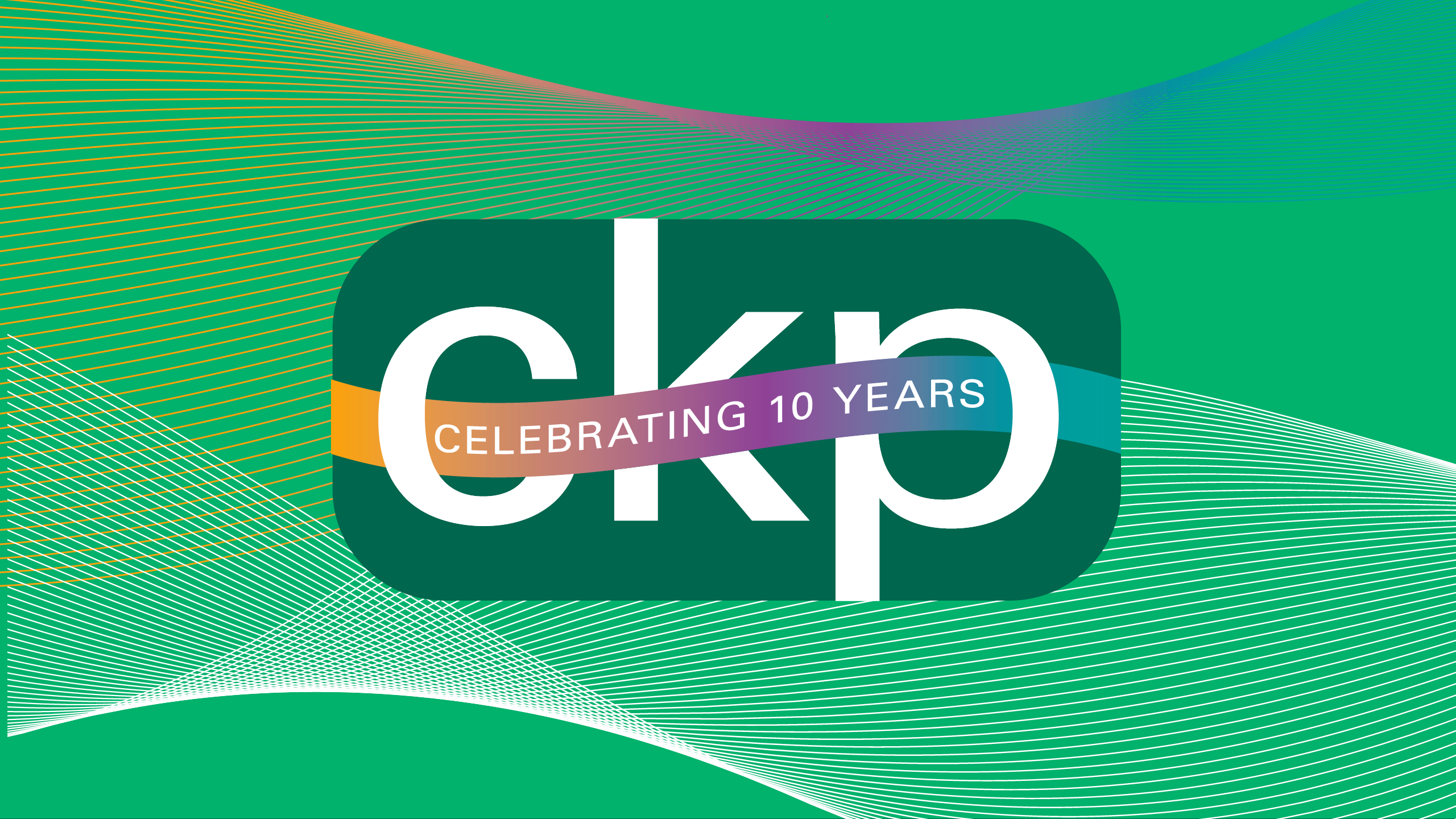Upskilling Your Team to Be Great Communicators: The Secret Sauce to a Thriving Workplace

Let’s be real—communication at work is kind of like a group chat. Some people over-share, some barely respond, and others react with a single thumbs-up emoji (we’ve all been there). But when done right, communication is the not-so-secret ingredient that turns a good team into a great one.
So, how do you transform your team into top-tier communicators who can navigate meetings, emails, and Slack/Teams/etc. threads with ease? You invest in their communication skills—because when people know how to talk (and listen), the whole workplace vibe shifts for the better.
Why Communication Skills Matter More Than Ever
You might think communication is a soft skill that just happens, but, surprise: it doesn’t. Studies show that companies with strong communication practices are 25% more productive. Not to mention, employees who feel heard are five times more likely to stay at their jobs. Translation? Good communication isn’t just nice—it’s necessary for a thriving business.
And let’s not forget the cost of miscommunication. We’re talking about misunderstandings, missed deadlines, and the dreaded “I thought you were handling that.” Turns out, unclear communication costs companies millions every year. (Ouch.)
But it’s not just about internal communication—your team’s ability to communicate effectively extends outside your organization, too. Clear, confident, and professional communication is what helps your team build trust with clients, close deals, and maintain strong relationships. If your team can articulate ideas clearly, listen to client needs, and follow up with precision, you’re setting your business up for long-term success.
So, let’s talk about it.
How to Turn Your Team into Expert Communicators
Ready to get your team to talk the talk and walk the walk? Here’s your playbook:
1. Figure Out Where You Stand
Before you overhaul your team’s communication, take stock of where things currently stand. Are meetings a chaotic free-for-all? Are emails disappearing into the void? Do people misinterpret short messages and spiral into unnecessary drama? Identify the weak spots so you know what to improve.
2. Make Communication Training a Priority
Yes, training. Because effective communication is not just about talking louder or adding more exclamation points to emails. I know, resisting the urge to sound endlessly cheerful is tough—but clarity beats people-pleasing every time. Workshops on active listening, feedback techniques, and public speaking can help your team build real skills that actually stick. And let’s be clear—these workshops don’t have to be mind-numbingly boring.
Take CKP’s last communication training: we went full undercover spy mode, complete with small group activities, faux mustaches, and magnifying glasses. It was equal parts educational and ridiculous (in the best way). Learning how to communicate should feel engaging—because when people are having fun, they actually retain the skills. Bonus? You get an archive of highly amusing, slightly incriminating team photos that will live on in office lore forever.
(Drop photo of Hector, BJ and Jordan here.)
3. Create a Feedback-Positive Culture
Nobody likes awkward feedback convos. But the truth is: constructive feedback, when done well, is a game-changer. Make it normal. Make it helpful. And most importantly—make it a two-way street. Leaders should be just as open to feedback as employees are.
4. Pick the Right Tools for the Job
Not every conversation needs a 30-minute meeting. Sometimes an email will do. Other times, a quick side message is all it takes. Teach your team how to choose the right communication method so nobody ends up in “this meeting could have been an email” purgatory.
5. Lead by Example
If leadership isn’t modeling clear, thoughtful communication, then, unfortunately, no one else will either. Leaders need to walk the talk—whether that’s being transparent in company updates, practicing active listening, or (brace yourselves) resisting the urge to multitask during a meeting.
6. Encourage Team-Building That Actually Works
We’re not saying you need to force everyone into trust falls, but creating opportunities for your team to bond and communicate in a low-stakes way can be hugely impactful. Think group problem-solving activities, casual coffee chats, or even a standing “no-work-talk” lunch hour. When people connect outside of work tasks, they communicate better within work tasks.
7. Make Communication Skills Part of Growth and Development
Want to know a sneaky way to boost leadership potential in your team? Teach communication skills early and often. The people who can articulate their ideas, listen with intent, and give clear direction are the ones who’ll stand out (and move up) and then teach what they’ve learned to others.
8. Measure, Adjust, Repeat
Like any good strategy, improving communication isn’t a one-and-done thing. Gather feedback, track improvements, and tweak your approach as needed. Just like editing a first draft, you revise, refine, and improve until everything flows.
The Bottom Line
Great communication isn’t about being the loudest voice in the room or crafting the perfect email subject line (although we do love a good subject line). It’s about clarity, connection, and making sure that everyone on your team feels heard. When that happens, productivity soars, workplace culture improves, and—best of all—fewer emails get lost in the abyss.
And remember, great communicators don’t just make life easier inside the office. They make a lasting impression outside of it, too. Whether it’s onboarding new clients, handling urgent concerns, or sealing that next big project, communication is the foundation of every successful relationship.
So, what’s the first step? Start small. Pick one or two areas to improve, invest in the right training, and watch the transformation happen. And if nothing else, let’s all agree to stop using “per my last email” as a passive-aggressive power move.
Your team will thank you.
More Blog Posts

Once upon a time, PR meant faxing a press release and hoping someone, somewhere, had paper in their machine. All...

Employee Appreciation Day, recognized on the first Friday in March, will be celebrated this year on March 7. It is...

1. The Power of Sustained Impression (Or: Stop Passing Out at First Dates) Let me tell you about a date...

We’re living in the age of data. Every swipe, click, and “add to cart” generates a treasure trove of information....

